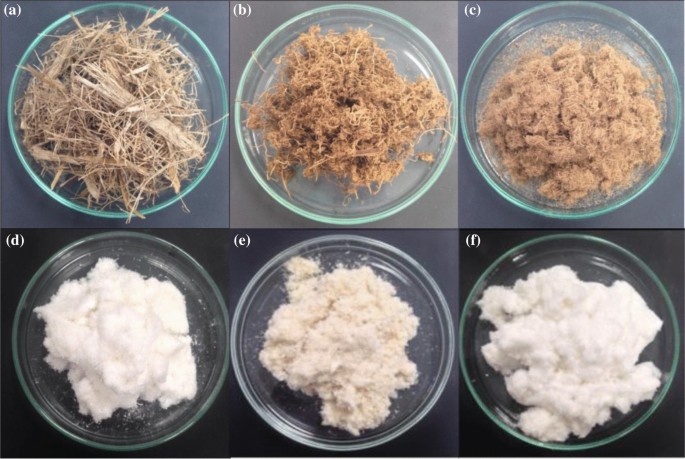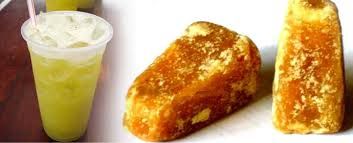From Sugarcane Product to Biofuels: The Diverse Uses of Sugarcane
From Sugarcane Product to Biofuels: The Diverse Uses of Sugarcane
Blog Article
Sustainable Sugarcane Products: From Sweeteners to Eco-Friendly Goods
The possibility of sustainable sugarcane items prolongs beyond typical sweeteners to incorporate a variety of eco-friendly goods, presenting a compelling case for their integration right into contemporary consumer practices. As the world grapples with pressing ecological issues, sugarcane emerges as a versatile resource capable of dealing with both nutritional requirements and sustainability goals.
Review of Sugarcane Sustainability
As the need for eco-friendly items grows, comprehending sugarcane sustainability comes to be progressively crucial. Sugarcane, a flexible plant, is cultivated largely in subtropical and exotic areas, and its sustainability is vital for both environmental health and economic stability. Sustainable sugarcane farming techniques concentrate on reducing ecological impact while making best use of productivity and earnings.
Trick facets of sugarcane sustainability consist of effective land use, minimized chemical input, and enhanced water monitoring. Practices such as plant rotation, integrated insect administration, and natural fertilizing contribute to dirt health and wellness and biodiversity. Furthermore, cutting-edge modern technologies, such as precision farming, help enhance resource usage and lower waste.
Additionally, sugarcane is a renewable source, with spin-offs that can be used in various sectors, from biofuels to eco-friendly plastics, thus minimizing reliance on nonrenewable fuel sources and reducing carbon footprints. Certifications like the Bonsucro conventional encourage lasting practices throughout the supply chain, advertising openness and accountability.

Sugarcane-Based Sweeteners
Using sugarcane as a key source, sugarcane-based sweeteners have gotten prestige as all-natural options to refined sugars and fabricated sweeteners (sugarcane product). These sugar, originated from the removal and handling of sugarcane juice, provide a series of items that accommodate diverse consumer choices, including natural and minimally processed alternatives
Raw walking cane sugar keeps more of the all-natural tastes and nutrients located in sugarcane, making it a popular option for health-conscious consumers. Panela, a typical Latin American sweetener, is produced by evaporating sugarcane juice, preserving its all-natural minerals and vitamins.
The growing need for sugarcane-based sugar is driven by raising recognition of health and wellness and sustainability problems related to conventional sweeteners. By selecting sugarcane-derived products, customers not just support lasting farming practices but also add to a much healthier lifestyle, straightening their nutritional selections with their environmental worths.
Eco-friendly Product Packaging Solutions
Becoming a practical alternative to standard plastics, naturally degradable packaging solutions acquired from sugarcane are transforming the packaging market. These ingenious materials offer an eco-friendly option that deals with the expanding concerns over plastic contamination. Using the all-natural sugars found in sugarcane, suppliers are creating various forms of biodegradable product packaging, including movies, containers, and covers that decay much more quickly than typical plastics.
The primary advantages of sugarcane-based product packaging hinge on its renewable sourcing and its capability to damage down right into non-toxic results. Unlike fossil fuel-derived plastics, which can continue the setting for hundreds of years, sugarcane packaging commonly disintegrates within a couple of months under proper problems. This decrease in waste not just alleviates landfill overflow but likewise decreases the carbon impact connected with packaging materials.
Moreover, sugarcane-derived packaging keeps robust efficiency qualities, providing equivalent toughness and functionality to traditional options. As consumers and services increasingly prioritize sustainability, the adoption of naturally degradable packaging services stands for a considerable action in the wikipedia reference direction of a circular economic situation, where materials are reused and regenerated instead of disposed of. This shift not only improves brand picture but also adds to an extra lasting future for the earth.
Eco-Friendly Textiles and Fabrics
Environmentally friendly textiles and textiles are gaining grip in the style and home goods industries as consumers progressively demand lasting alternatives to conventional materials. Amongst the significant options are materials acquired from sugarcane, which provide an environmentally responsible choice to artificial fibers. These fabrics are produced via a process that uses the renewable energies discovered in sugarcane, dramatically decreasing reliance on petroleum-based products.

As the market for lasting fabrics expands, consumers can look onward to innovative designs that combine style with ecological obligation. Ultimately, environment-friendly textiles and materials represent a substantial step towards decreasing the style market's environmental footprint while providing to the growing need for liable customer choices.
Innovations in Sustainable Farming
Changing farming methods, innovations in lasting farming are transforming the means plants are expanded and taken care of. These advancements focus on reducing ecological impact while optimizing efficiency and performance.

Furthermore, agroecology, which incorporates ecological concepts right into farming, advertises biodiversity and soil health and wellness. Practices such as plant rotation, cover chopping, and intercropping foster durable ecological communities that can hold up against insects and environment variations - sugarcane product. Additionally, using organic fertilizers and biopesticides adds to healthier dirts and communities

Together, these technologies are not just reshaping the farming landscape but likewise adding to a more sustainable future for sugarcane and other plants, lining up agricultural practices with ecological stewardship.
Conclusion
Lasting sugarcane products represent a substantial advancement find more in eco-friendly options, spanning from all-natural sugar to eco-friendly products. As customer choices significantly lean in the direction of lasting choices, the adaptability of sugarcane as a renewable resource comes to be progressively pertinent.
The capacity of lasting sugarcane products extends past standard sugar to incorporate an array of green products, presenting an engaging instance for their combination into modern-day consumer methods. Sustainable sugarcane farming techniques focus on lessening environmental influence while making best use of efficiency and profitability.
Lasting sugarcane products represent a substantial development in eco-friendly options, covering from all-natural sugar to eco-friendly goods. The farming of sugarcane with sustainable practices not only enhances ecological wellness however likewise contributes to financial practicality. As customer preferences increasingly lean towards lasting choices, the adaptability of sugarcane as a sustainable source becomes significantly appropriate.
Report this page